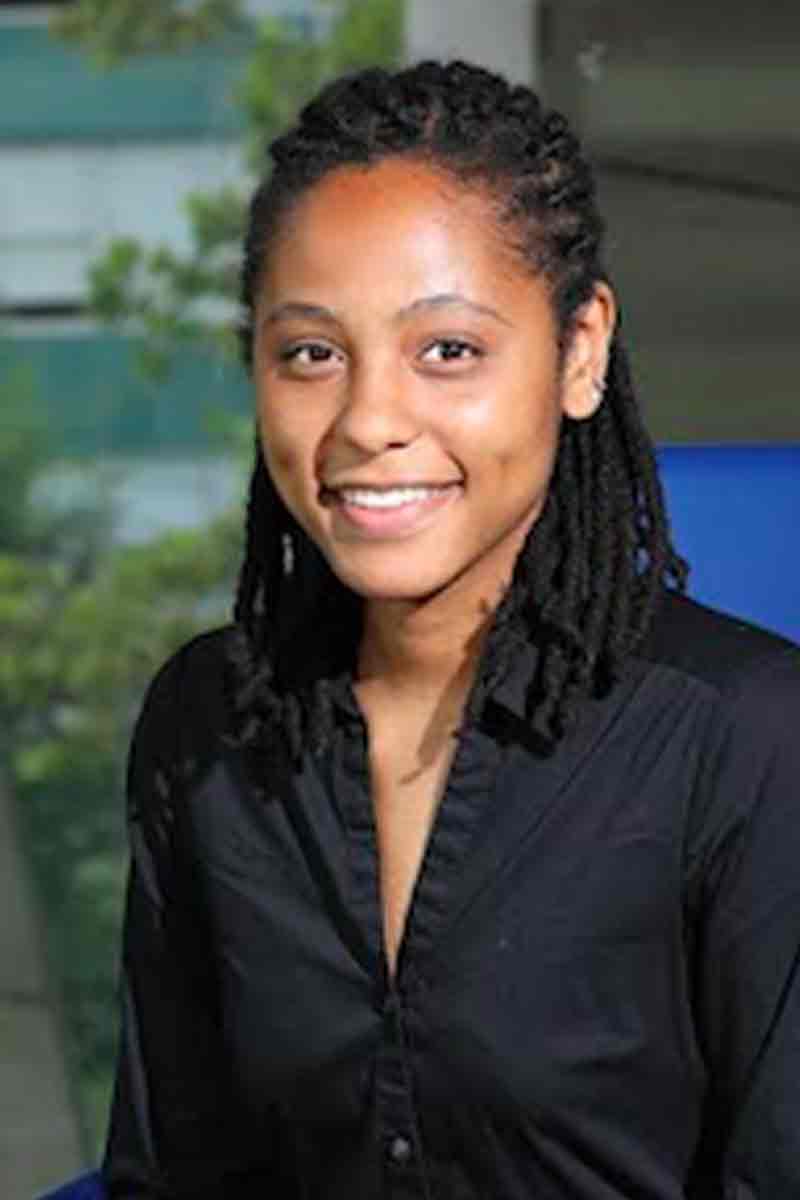Major: Computer Science
Minor: Psychology

Title: Virtual Reality in Environmental Education: Investigating the Efficacy of VR as an Educational Tool for Ocean Acidification.
Describe your project:
Climate change is a defining issue of our time and poses many detrimental impacts to the world. Ocean Acidification, a consequence of climate change, is a reduction in pH levels of the Earth’s surface water as a result of rising Carbon Dioxide (CO2) levels in the atmosphere, primarily due to human combustion of fossil fuels. Recent research has emphasized the urgency to increase awareness and take actions to reduce the human impact leading to ocean acidification before it is too late. For this project we wanted to investigate the efficacy of Virtual Reality (VR) as an educational tool for teaching the precipitous consequences of climate change, particularly ocean acidification. Furthermore, we wanted to assess if the design of the VR experience influences participants movement during their time in the immersive environment and evaluate if the participants movement impacts (i.e. enhances, prevents, or shows no effect) the outcomes of their attitude, behavior and how much they learn, trust and display self-efficacy.
What else are you involved in on campus?
I am a McNair Scholar, Louis Stokes Alliances for Minority Participation (LSAMP) Scholar, and Center for Women in Technology (CWIT) Affiliate. I am also a member of the National Society of Black Engineers (NSBE) and a Resident Assistant.
What research experiences have you had?
This past summer, I was a research fellow for the Stanford Undergraduate Research Fellowship (SURF). The previous summer, I participated in a REU at Cornell University where I worked on a project titled Conflict Mediation at Scale: Leveraging Big Data to Mediate Online Conflict.
Who is your mentor for your research?
Dr. Jeremy Bailenson, Department of Communication, Stanford University
What academic background did you have before you started?
The summer of my junior year I conducted research at Cornell University where the goal of our project was to detect and mediate online conflicts between Reddit users early on by developing a data-driven application. For this particular project, I did a significant amount of data analysis in order to label the comments in the discussions on Reddit with running averages and map the trajectories of the discussion. This experience allowed me to utilize the skills and techniques I acquired from my time at Cornell at my REU this past summer.
What is your advice to other students about getting involved in research?
Be open to research opportunities. That is, don’t limit yourself and avoid having a closed mind when exploring the world of research. There may be times in your academic journey when you’re not conducting the exact research you had hoped. However, don’t let that discourage you from continuing your path in research. Instead, let it be a learning experience and take it as an opportunity to acquire a new set of skills that you can add to your academic toolbox. In addition, I believe it’s important to accept and normalize failure in lab environments.
What are your career goals?
I will pursue a Ph.D. in Computer Science and conduct research in Human Computer Interaction (HCI) or Human Robot Interaction (HRI) in order to create assistive technology to improve the quality of life and wellbeing for individuals with disabilities and/or diseases. I hope to use the skills I have acquired throughout my academic career to produce more inclusive and accessible technology in industry research.